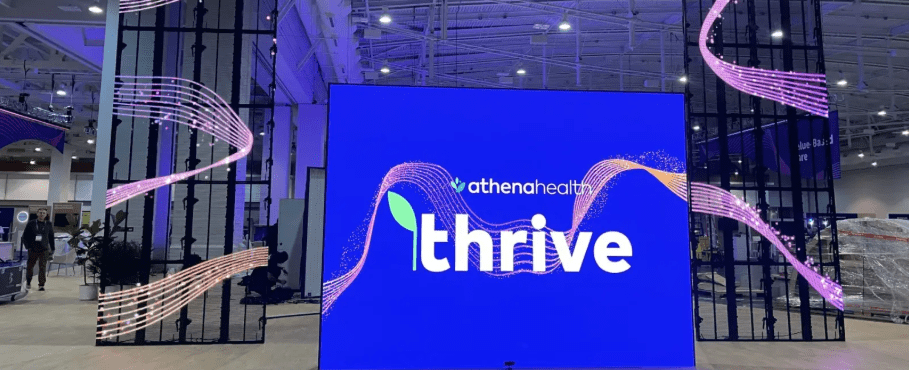Boston-based athenahealth has unveiled an AI-native clinical encounter that leverages ambient and generative AI to streamline documentation, clinical decisions, and order entry during patient visits.
The new experience features athenaAmbient, an ambient digital scribe that automatically drafts diagnoses, prescriptions, and clinical notes from clinician-patient conversations. User testing for athenaAmbient is set to begin in February 2026, with broader testing of the full encounter experience planned for the first half of the year. The features will be rolled out as part of standard software updates at no additional cost to customers.
According to athenahealth, this update represents a fundamental redesign of its EHR—from a traditional recordkeeping system to a real-time clinical assistant. The embedded AI tools within the athenaOne platform aim to reduce administrative tasks and enhance patient-centered care by delivering contextual insights, identifying care gaps, and expediting reimbursement processes.
The company’s Advanced Intelligence Layer combines data from EHRs, payers, and registries to support AI-driven inferences for documentation and billing. Leveraging its cloud-native platform, athenahealth can rapidly develop and deploy new AI capabilities across its system.
Additionally, athenahealth introduced Sage, an AI-powered clinical copilot integrated into athenaOne. Sage helps clinicians access patient information, surface relevant data from charts, and answer clinical queries about medical history.
“The future of healthcare technology isn’t about making doctors adapt to the system—it’s about making the system adapt to doctors,” said Bob Segert, chairman and CEO of athenahealth. “With our AI-native clinical encounter, technology becomes invisible—it listens, understands, and engages in real time—allowing clinicians to focus on what truly matters: the patient.”


















